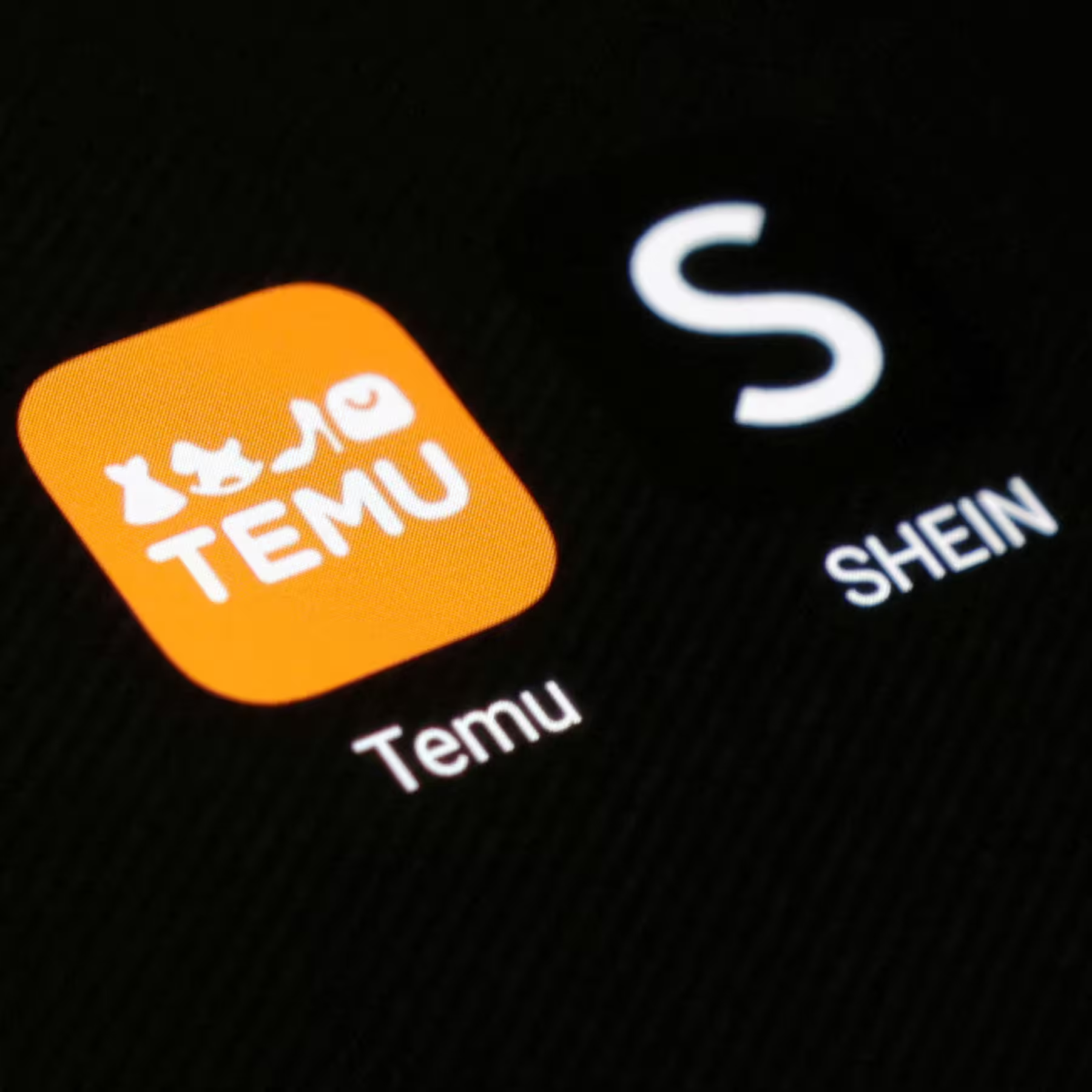The Trump administration is evaluating whether to place Chinese e-commerce giants Shein and Temu on a federal blacklist due to concerns over alleged forced labor practices in their supply chains. If enacted, the move could significantly impact both companies’ operations in the U.S. market and further escalate trade tensions between the U.S. and China.
Reasons for the Potential Blacklisting
- Allegations of Forced Labor:
- U.S. lawmakers and human rights organizations have raised concerns that Shein and Temu source materials from suppliers linked to forced labor in China’s Xinjiang region.
- The Uyghur Forced Labor Prevention Act (UFLPA) bans imports tied to forced labor, making this a critical issue for regulatory enforcement.
- Previous Scrutiny:
- Shein and Temu have faced repeated investigations regarding their labor practices and supply chain transparency.
- Shein has been accused of not fully disclosing its sourcing, while Temu has been scrutinized for its business model and supplier relationships.
- Political and Trade Implications:
- The potential blacklisting aligns with broader efforts by the U.S. government to curb reliance on Chinese manufacturing and strengthen domestic supply chains.
- The decision could also impact U.S.-China relations at a time of heightened economic competition.
Impact on Shein and Temu
- Operational Disruptions:
- If blacklisted, both companies could face severe import restrictions, affecting their ability to sell products in the U.S.
- This could lead to delays, increased compliance costs, and potential reputational damage.
- Consumer Market Shifts:
- Shein and Temu are highly popular among American consumers for their affordable fashion and goods.
- A ban could create openings for competitors to capture market share, particularly U.S.-based e-commerce platforms.
- Regulatory Challenges:
- Both companies may need to provide greater transparency and compliance measures to avoid blacklisting.
- Strengthening supplier verification processes could become a necessity to maintain U.S. market access.
Broader Trade and Policy Implications
- Increased Scrutiny on Fast Fashion:
- The move reflects a broader shift in U.S. policy toward holding fast-fashion retailers accountable for ethical sourcing.
- Other e-commerce platforms may also face similar scrutiny.
- Trade War Intensification:
- Further restrictions on Chinese firms could escalate trade disputes between the U.S. and China.
- China may respond with retaliatory measures affecting American businesses operating in the region.
Conclusion
The potential addition of Shein and Temu to the U.S. forced labor blacklist underscores growing concerns over ethical supply chains and economic competition between the U.S. and China. If enacted, the move could reshape the e-commerce landscape while fueling further trade tensions. How Shein, Temu, and Chinese authorities respond to these allegations will be critical in determining the outcome of this regulatory review.
For more information, visit Semafor.





